7 surprising things that get better with age
Not everything goes downhill as we age – we reveal the things that actually get better as we get older.
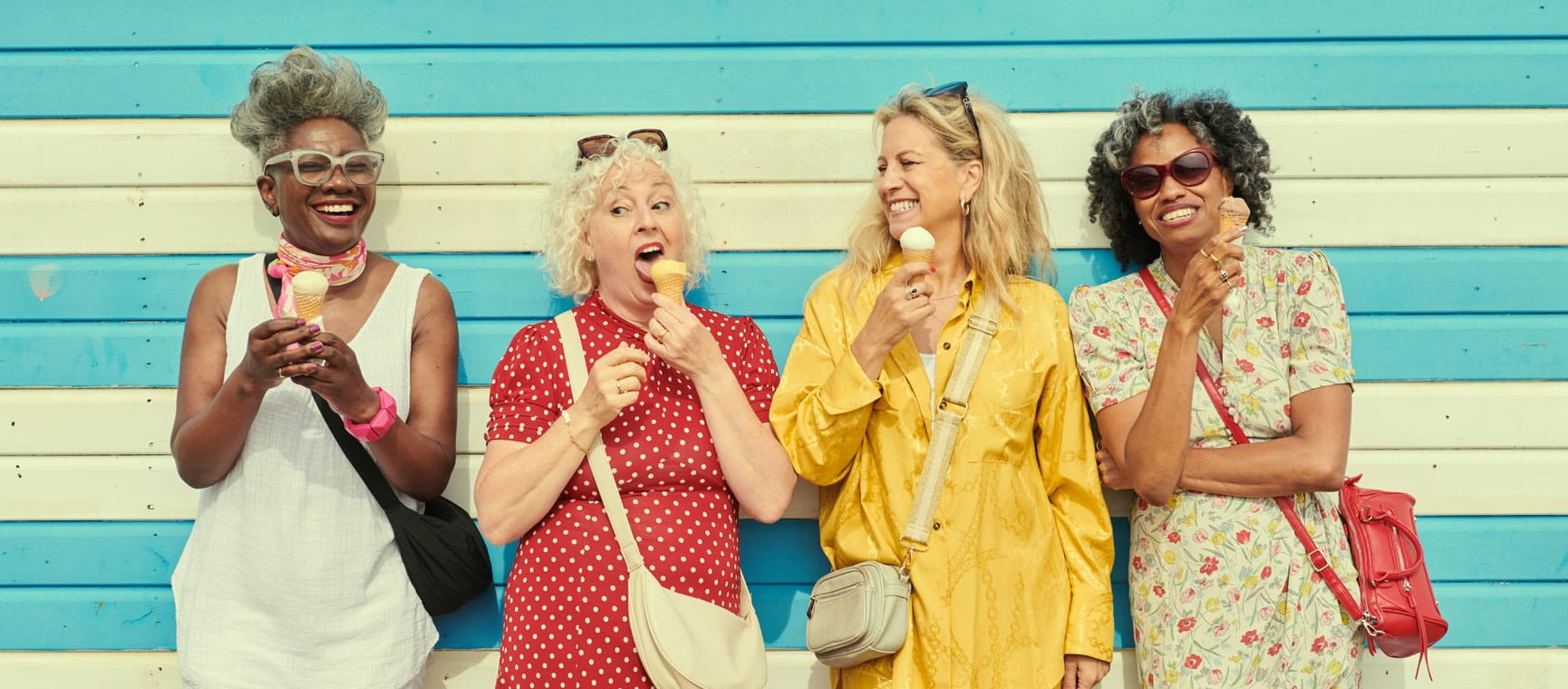
Not everything goes downhill as we age – we reveal the things that actually get better as we get older.

Negativity and fear have long fuelled ageism and affected our ability to feel good about our later years, but it’s time to re-frame thoughts about our age.
The pro-ageing movement is gaining momentum, with celebrities such as Helen Mirren, George Clooney and Meryl Streep proclaiming the rewards they’re reaping in later life.
And now we have the scientific and real-life proof that older age really can bring myriad mental and physical benefits.
From better sex to self-acceptance and even enhanced memory, here are seven surprising things that improve as we get older.
Of course, anxiety and overwhelm don’t disappear with age, but a study on how we physically react to acute stress found that adults aged 65-84 had lower cortisol (the stress hormone) levels and heart-rate reactivity compared to the 18-30s. The over-65s also reported feeling calmer overall.
Dr Ramon Velazquez, a neuroscientist specialising in cognitive enhancement, agrees: “For me, what stands out about ageing is the way the brain adapts and refines itself over time.
“The older brain learns to filter distractions, tune out emotional noise and gravitate toward more efficient ways of processing information.
“The peaks and valleys of mood become less extreme, because the brain develops shortcuts for handling stress and uncertainty. The neural pathways that support empathy, patience and insight are strengthened through constant use.”

Prioritising positive emotions and experiences can be profound in older age, when we’re more able to appreciate the 'present' and focus on happiness.
Dr Amit Arora, president elect of the British Geriatric Society (BGS), explains: “The CARA (Coping, Appraisal and Resilience in Ageing) model suggests that people become more selective in how they invest their emotional energy and better at focusing on what truly matters.
“Many older individuals report a liberating indifference to others’ opinions, which reduces anxiety and boosts confidence. There’s also a growing awareness of finite time, which paradoxically leads to greater appreciation of the present.”
Furthermore, an uplifting study on 'positive ageing' highlights how psychological competence (the ability to adapt and flourish) can even slow down biological ageing. So that’s another thing to be happy about.
Memory loss is up there with our worst ageing fears, but it’s not as bleak as we might think. While it sometimes becomes trickier to recall the details of past experiences (our episodic memory), our ability to retain facts, general knowledge and vocabulary (our semantic memory) not only remains stable but can even improve.
Dr Arora explains the science: “Semantic memory is constantly used whether reading, conversing or solving problems, so it stays active and reinforced. Unlike episodic memory, which relies heavily on the hippocampus region of the brain, semantic memory is distributed across broader cortical areas that are less vulnerable to age-related decline.
“A study in The Journals of Gerontology found that semantic memory had a stability coefficient of 0.95, compared to 0.87 for episodic memory, indicating greater consistency over time.”

Sexual fulfilment does indeed increase with age, particularly among women aged 55-80+, according to the Sexual Satisfaction and Quality of Life in Older Women study.
Dr Arora delves into the evidence: “Women reported greater emotional intimacy, better communication and more realistic expectations about sex, which contributed to their satisfaction. Non-sexual intimacy (like cuddling, touching, and emotional closeness) played a significant role in overall sexual fulfilment.
“For men and women, there are complex emotional, biological and psychosexual explanations behind findings like these, with less performance anxiety, deeper emotional bonds, a shift of focus from frequency to meaningful connection, and better self-awareness playing a role.”
Fiona Lambert is the author of Invincible Not Invisible and SAS Sixty and Single, and believes later-life confidence fuels sexual satisfaction.
“More experience, less inhibitions, more free time and less stress are all ingredients for a better sex life,” she says. “We now know what we want and how to get it.”
A Sport England survey found the over-55s to be exercising 'better' and more regularly than ever before. By removing that youthful quest for thinness, older people are reframing exercise as a powerful mental and physical health investment.
Lambert is taking part in Age UK’s Act Now, Age Better campaign and says that, at age 61, she’s the fittest she’s ever been: “I now know the benefits of being strong – not skinny,” she says. “Resistance training not only makes us stronger, but a higher muscle mass increases our metabolic rate to prevent weight gain. It also supports bone density, which is vital as we age.”
Dr Arora agrees with the changing shift in our attitudes to exercise. “Older people are now more active, capable and committed to their health than often assumed,” he says. “This is driven by greater awareness, time, and a cultural shift toward active ageing.”

Although we might not always notice it, ageing can bring a sense of certainty in who we are, what we believe and how we choose to live our lives. We feel less pressure to conform or seek the approval of others.
But to truly savour our self-acceptance era, we need to recognise it and understand how we got here.
Dr Daniel Glazer is a clinical psychologist and has observed how self-contentment presents in the older generation. “There’s a certain wisdom that comes with ageing that’s built on lived experience,” he says. “You reach a point where you stop second-guessing yourself at every turn, and the constant background noise of what other people think fades into something barely worth noticing.”
Glazer adds: “There’s a comfort in your own skin that only comes from living through enough ups and downs to know that most things are rarely as dire as they seem in the moment.
“You become less bothered by the opinions that used to eat at you, and far more willing to take chances or say no when you mean it. It’s a stoic self-trust that just doesn’t show up in your younger years.”
How we truly feel about our 'later life' status is a choice. A common myth – fuelled by ageism – is that we should succumb to some level of defeat as we age. This is false, says Lambert: “To paraphrase Henry Ford, if you believe you are young, or if you believe you are old, you are probably right.
“If you choose the right mindset and seek positivity, it can have a massive impact on how you feel about everything, especially how you view the ageing process. I chose to make turning 60 a beginning, not the beginning of the end. I’ve changed my career, climbed Kilimanjaro and started dating after finding myself single.”
Dr Arora couldn’t agree more: “Our mindset about ageing can profoundly shape both our mental and physical health, and embracing it with positivity can lead to a more vibrant, fulfilling later life. I see this frequently in my work as a consultant in older people’s health.
“There is a difference between biological ageing and chronological ageing. I learnt a lot from a 106-year-old woman who started using a Kindle at age 103 as her arthritis prevented her from turning the pages of a book.
“While genetics and life circumstances do play a role, positivity, adaptability, a sense of emotional growth, purpose, resilience and even faith are key attributes.”
Emma Lazenby is entering her third decade in journalism, after starting her reporting career on the Yorkshire Evening Post as a teenager.
She’s loved every minute, with contributions to the Sun, Daily Telegraph and women’s magazines, between stints as a Lifestyle Editor for the Press Association and TV Producer for GMTV and Steph’s Packed Lunch.
Emma has covered mental and physical health, charity campaigns, fashion and beauty, travel, food and parenting with celebrity and inspirational real-life interviews featuring heavily.

Your chance to win a 14-day tour around the Rockies and Vancouver for two, worth more than £8,800.
T&C’s apply.

Our online matching service brings you closer to like-minded people on a site you can trust. Create your free profile today

Are you retiring at the wrong age? The best age to retire for your body, brain, happiness and pocket.


Everything you need to know about the lung infection, and how you could be ill with “walking” pneumonia without realising it.
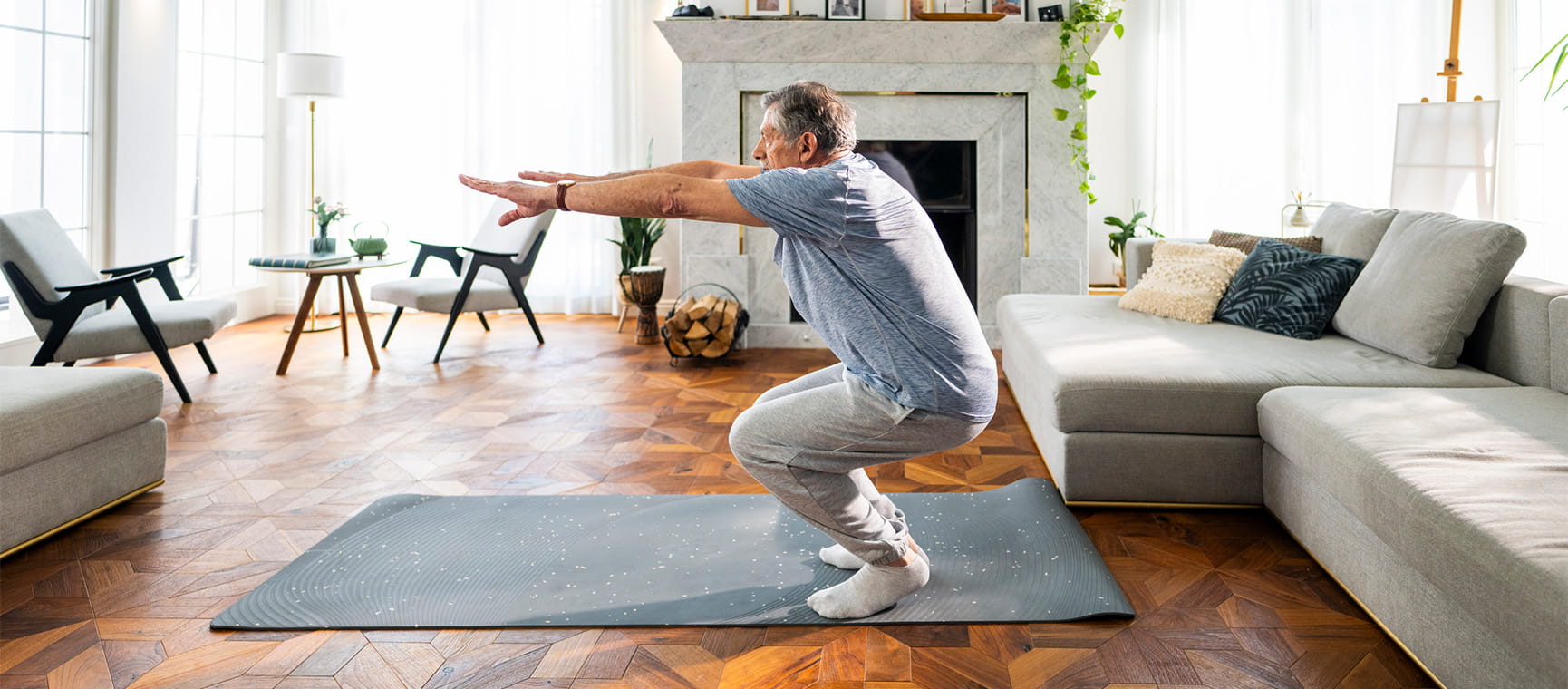
Strong calves for a strong mind: how they support our circulation and brain health, with easy moves to strengthen yours at home.


Our GP Dr Mark Porter explains what can cause itchy skin, which is a common problem as we get older.

Worried you’ve morphed into Victor Meldrew? Find out how to battle that bad mood, and what to do if you’re stuck with a grouchy loved one.

The benefits of heat and cold therapy, and how Nordic bathing won over our nervous writer.

Here’s how to spot the symptoms of heat disease and reduce your danger.

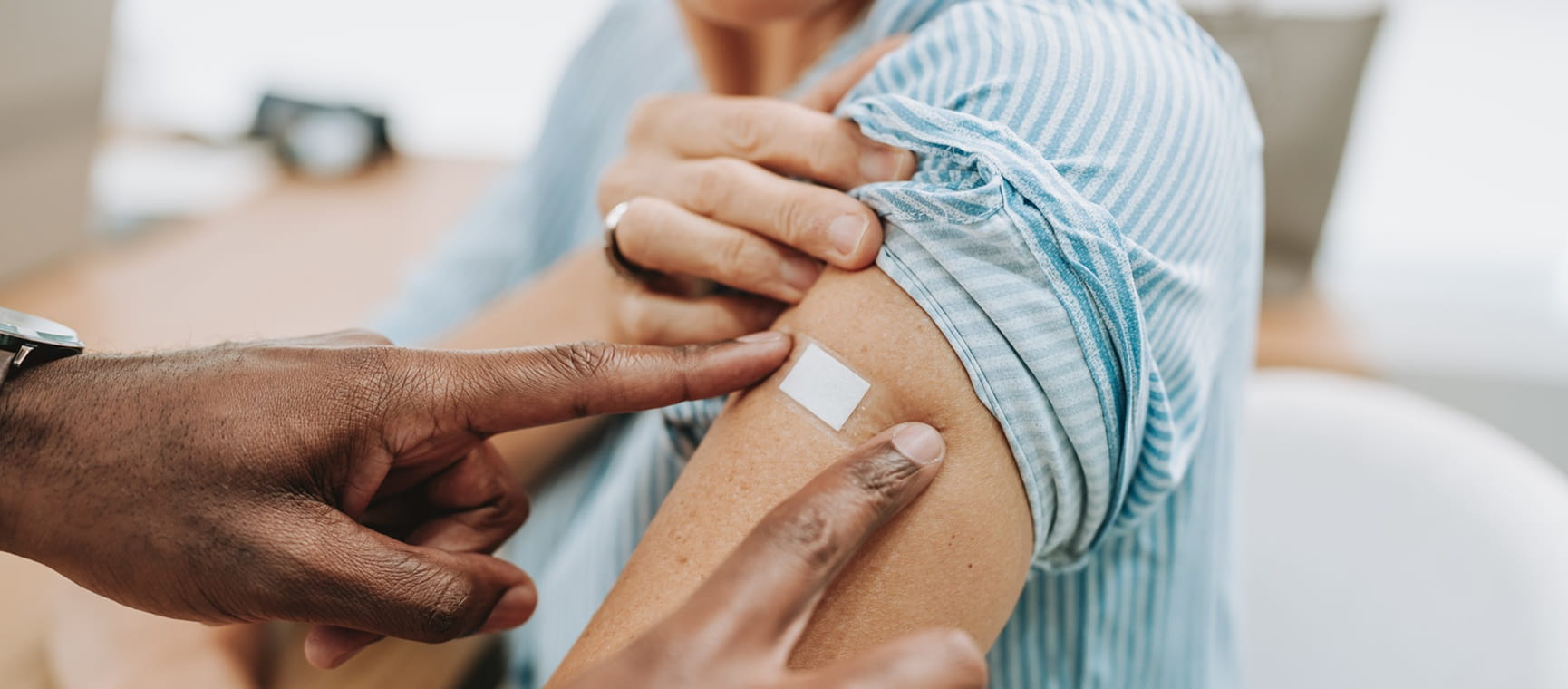
The NHS winter vaccination campaign kicks off next week. Here’s the lowdown on what you need to book.

Pilates for back pain – what to do if you are suffering, and five gentle exercises that could help.
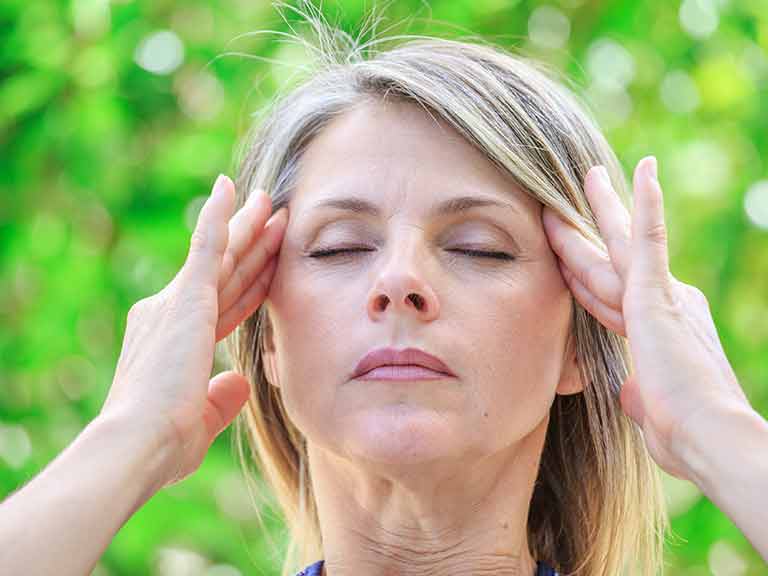
Dizziness or vertigo: a sensation of spinning, can stop us doing everyday things for fear of falling. Try these tips to stop feeling dizzy


You don’t have to put up with bladder leaks. We try out the latest pelvic floor gadgets for men and women.
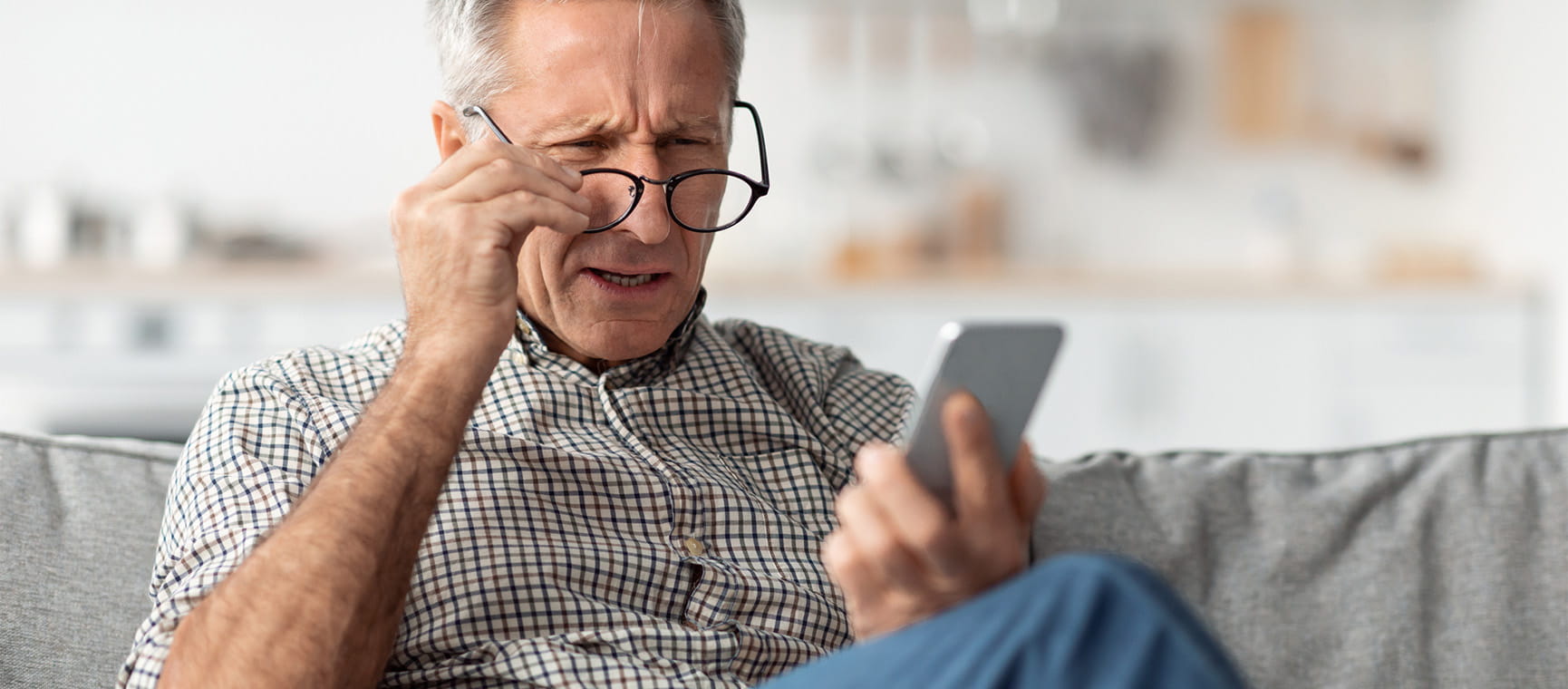
Cataracts are a normal part of ageing. Learn how to spot the signs – and when it’s time to consider surgery.